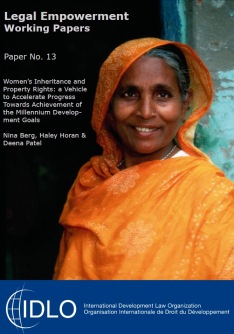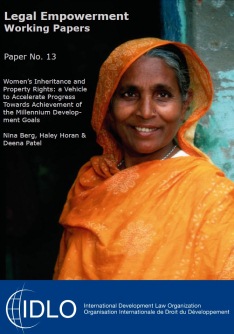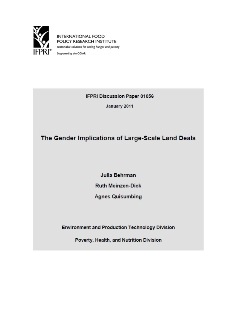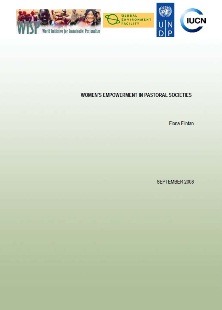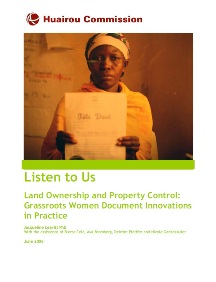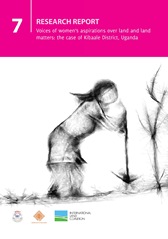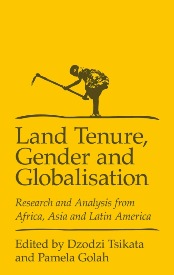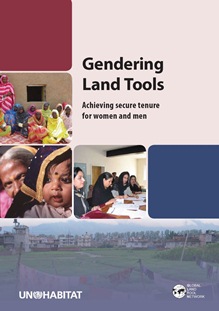Women’s Inheritance and Property Rights: A Vehicle to Accelerate Progress Towards the Achievement of the Millennium Development Goals - Paper N. 13
Strengthening women's inheritance and property rights can be an effective means of decreasing poverty and increasing gender equality, and thereby accelerating progress towards the achievement of the Millennium Development Goals (MDGs). This paper presents two case studies from Rwanda and Ethiopia to illustrate the potential impact that advocacy, legislative reform and law enforcement in this area can have on the achievement of the MDGs in developing countries.

